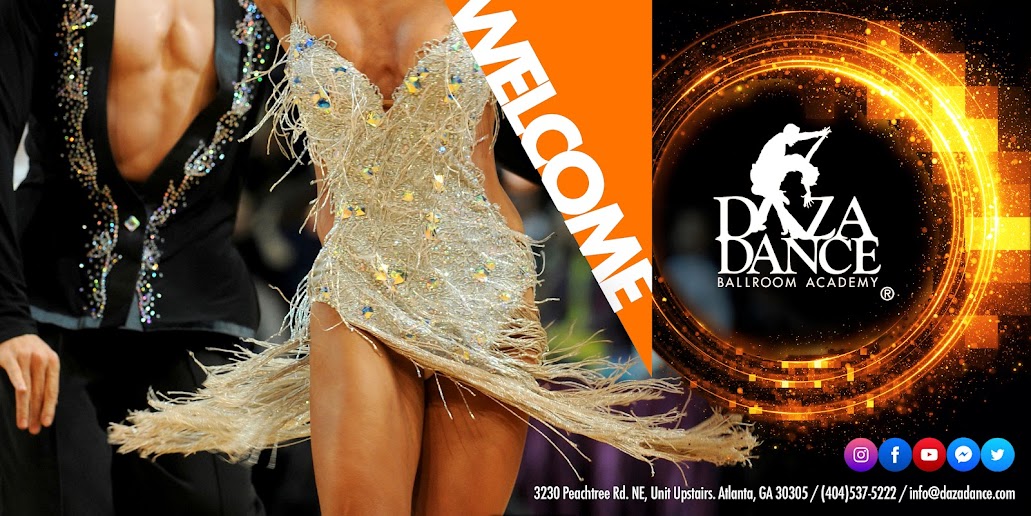Cuban musicians such as “Cachao” Lopez and his brother Orestes are
credited with inventing the Mambo back in Cuba in the late 1930’s. When the
rhythm reached the U.S. it was quickly picked up and changed by the Big Band
ensembles of the day.
A mania for mambo surfaced in New York City in the late 1940’s and
1950’s. Latin bands led by Tito Puente and Tito Rodriguez packed the famous
Palladium Dance Hall with their powerful horns and Afro-Cuban percussion
sections.
Dancers were known as “Mambo Nicks” and dance teachers did a good
business explaining the new rhythm. “Rumba with Jitterbug” is how one magazine
of the period described it. The term salsa (meaning “hot sauce”) was invented
in the late 1960’s to illustrate the Latin music evolving in New York City at
that time; a fusion of Puerto Rican, Dominican, Cuban, American and other
styles.
As a dance, its relatively small steps characterize Salsa dance, a
noticeable pause on the “slow”, Cuban motion, as well as speedy, sharp and
compact movements.
Today Salsa, has taken many forms. You may hear of styles such as
Salsa on 2, Salsa Casino Rueda, Miami Style among others but regardless of the
style, salsa continues to be one of the most popular Latin dances around the
world!
Alison Glancz and Mario Recoba performing the Mambo


No comments :
Post a Comment
Thank you so much for your comment and/or feed back!